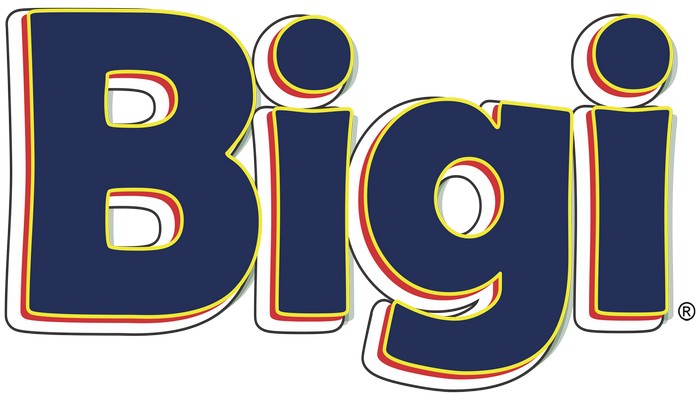
As the National Bureau of Statistics (NBS) prepares to release inflation figure for May 2016 next week according to its data release calendar, the Consumer Price Index (CPI) has been predicted to hit 14.7 per cent.
The Economic Intelligence Group of Access Bank Plc in a report on Friday projected that the headline inflation for May may increase to 14.7 per cent from the 13.7 per cent level in April even as the Financial Derivatives Company Limited (FDC) also estimated a spike in year-on-year inflation to 14.5 per cent for May.
Access Bank’s Economic Intelligence unit based the methodology they adopted in arriving at the projection on an autoregressive analysis of past prices, while recognising all the assumptions used by the National Bureau of Statistics (NBS) in its computation of monthly composite consumer price index (CCPI).
It expects upward momentum in headline inflation in May reflected increases in both food and core components of inflation, adding that with a 51.8 per cent weighting in the inflation basket, the food component has been responsible for a sizeable amount of overall price pressure.
It was specific that increases in the prices of cereals, fruit, meat, fish, dairy, tubers, tomatoes, and vegetables were expected to be the main culprits behind the anticipated CPI acceleration.
“The review of petrol pump price is likely to have mounted further pressure on May inflation numbers, driven by the transport component and the electricity, gas and other fuels components, which together contribute 23.2 per cent to the CPI weighting.
According to the report, “Continued weakness in the naira, following the announcement of the deregulation of the downstream petroleum sector has also placed significant pressure on the inflation rate. This will have filtered into consumer prices as some firms may have sourced scarce foreign exchange from the parallel (black) market to import intermediate goods to maintain operations”.
The report also projected that rising inflation is expected to throw real returns for investors further into negative territory while bond yields will likely nudge higher as investors will want to be compensated for rising prices and inflation.







Comments are closed.